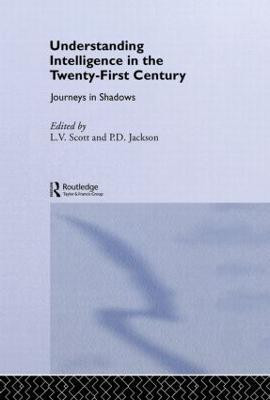Understanding Intelligence in the Twenty-First Century(English, Hardcover, unknown)
Quick Overview
Product Price Comparison
Over the past few decades, international history and security have been significantly influenced by greater understanding of the role of intelligence in national security and foreign policy-making. In Britain, much of the work has developed in the subdiscipline of international history with its methodological predisposition towards archive-based research. Advances in archival disclosure, accelerated by the end of the Cold War, as well as by the changing attitudes of official secrecy and the work of the intelligence services, have further facilitated research, understanding and debate. Recent controversies, including claims of politicisation of intelligence historiography, have added additional public saliency to long-standing academic disputes. The events of September 11 and their aftermath have shown the value and limits of secret intelligence and generated fresh controversies for proponents and critics. This book examines critically the development of intelligence studies and assesses its contribution to the study of international relations. It draws upon the viewpoints of leading academics, journalists and former practitioners, to explore the way the subject is studied, for what purposes and with what consequences.


